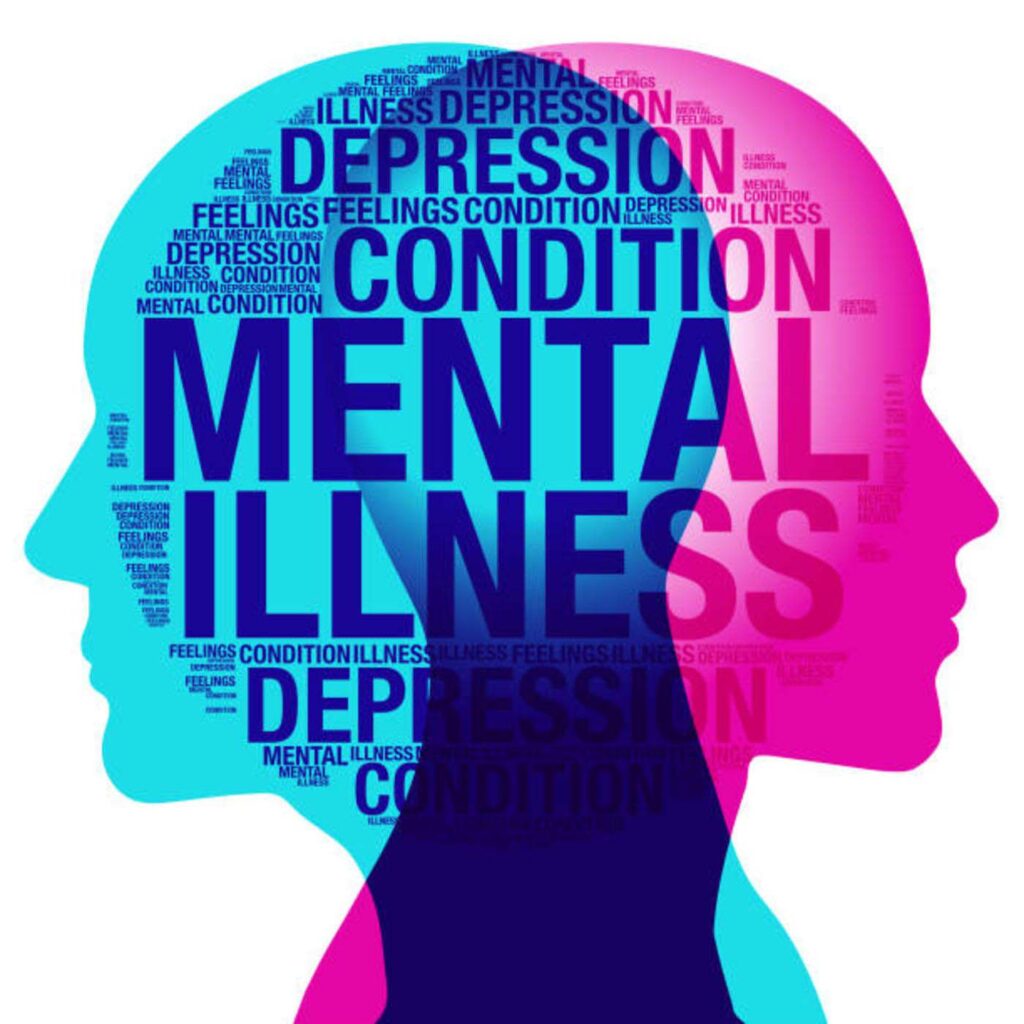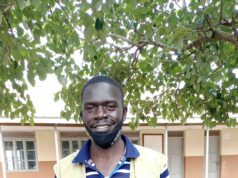By Lilian Ntege
A 2022 Ministry of Health report reveals 14 million Ugandans suffer from mental health conditions.
According to the report, majority of the cases are depression and anxiety disorders.
While such conditions may not be avoidable, the figure is undoubtedly worrying.
Witnessing systematic challenges in addressing mental health problems, specially in rural areas where people lack knowledge on best practices for managing mental health patients, let alone care services being limited, Wilbroad Kabagambe was inspired to help change the narrative.
Kabagambe who is the founder of Alive Again Foundation, a local non-profit in Western Uganda, is addressing mental health concerns by providing suicide prevention information to people in Rukungiri and Mbarara districts.
How he started
While working as a social worker in charge of staff and patient welfare at Nyakibale Hospital in Rukungiri district, Kabagambe realised the hospital was admitting many patients who attempted suicide.
He got concerned that the hospital was not addressing the root causes of those attempted suicides.
Aware that suicides emanate from mental health conditions, he decided to bridge the gap.
Kabagambe was further motivated when one of his close friends also attempted to end his life.
“When I reported to work one morning, I was told that my friend was admitted after trying to commit suicide. I was shocked because we had talked the previous night and he did not mention anything,” Kabagambe says.
When his friend whose identity Kabagambe prefered be kept anonymous, opened up to him after a confrontation, he was further stirred to act as soon as he could.

He held conversations with several patients and discovered most were suffering from depression.
“Many people were having mental health issues, but were not accessing hospitals to get medication,” Kabagamba says.
He started organising people into savings groups under which they met and shared.
During those meetings, he offered counselling services to the survivors.
Later on, Kabagambe registered a community-based organisation in 2017 to address the situation.
Through the organisation, he started providing psycho-social support and other timely interventions to mental health patients.
The organisation, he says, created a platform for its members to share their stories and inspires each other to help those faced with mental health issues.
“This has made people learn from each other’s experience and share ways to manage stress. For those who cannot share with others, I usually have one-on-one conversations with them,” he says.
Kabagambe now trains and sensitises health workers, Church leaders and communities on how to treat mental health patients.
Milestones
Kabagambe has carried out awareness walks both in Mbarara and Rukungiri. These have seen over 400 people participate in the efforts to prevent suicide.
He has also created mental health clubs in various universities and schools in order to help students deal with depression and other related challenges.
Together with his team, Kabagambe also carries out mental health stigma campaigns.
They sensitise communities to stop harassing mental health patients, but support them instead.
“We encourage family members to be supportive and also patients to take their medication,” Kabagambe says,
“Recovery is a process which needs patience and time. Also when patients learn to accept their condition, they heal fast”.
He says through his foundation, over 100 people have received help since 2017 and healed from mental challenges.
One of the beneficiaries of his initiative who preferred anonymity, says she had tried to end her life several times until she was referred to Kabagambe.
“My family abandoned me because they did not understand my problem. I was always sad, but Kabagambe counseled me for one month and I was able to heal,” she says.
She credits the foundation for doing a tremendous job in restoring hope among individuals and families faced with mental health conditions.

Challenges
With all their promising achievements, Kabagambe says their work has got both hills and valleys to conquer.
“People in villages still think mental illness is a curse. So, it is hard for them to believe in counseling. On top of not giving the patients the opportunity to seek help, they stigmatise them,” Kabagambe says.
He also notes that there is still limited access to mental health care services, with many families still seeking solutions from traditional healers who do not have proven success rates.
Kabagambe says his team has also faced financial limitations because they depend on individual donations.
With an increasing number of patients, Kabagambe says the journey is getting tougher, but they remain hopeful that things will change soon.
Future plans
Kabagambe wishes to establish a wellness home where patients can walk in at any time and will receive help accordingly.
He wants this place to be a safe haven for survivors and those suffering mental health challenges.
Appeal
Kabagambe appeals to the public to stop marginalising people who are dealing with mental health illnesses.





















